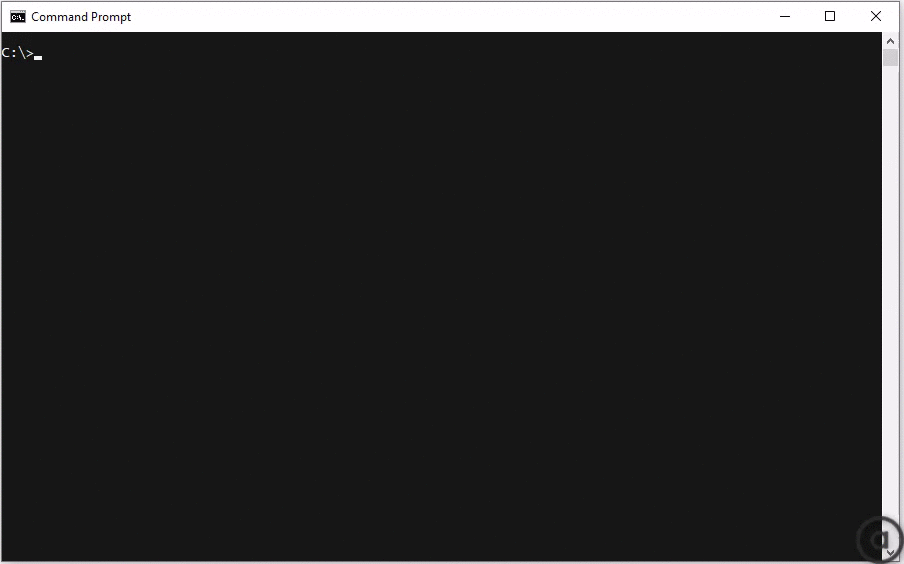akamai-error-lookup
v1.2.13
Published
Retrieves diagnostic details of Akamai error reference numbers via Akamai's API
Downloads
46
Maintainers
Readme
akamai-error-lookup
Quick Start
- Install globally using
npm install -g akamai-error-lookup - Configure your Akamai API credentials in
auth.edgerc - Run
hashref [errorReference]

Overview
A command line utility to lookup Akamai error reference numbers (e.g. Reference #18.2d351ab8.1557333295.a4e16ab).
If you work on a website hosted behind Akamai's CDN you will, on occasion, see an Akamai Reference # error number. These occur when Akamai catches an error, as opposed to the origin serving an error, such as a DNS resolution failure or an origin connection error.
In these scenarios Akamai reports an error reference number:

Using hashref you can lookup the details of the #Ref error number to diagnose the root cause of the error:
hashref 11.2e373217.1558103133.1dedf6b
Installation
npm install -g akamai-error-lookupConfiguration
You'll need to create an auth.edgerc file and configure it with your Akamai API credentials as described here.
You can save auth.edgerc in either the current directory or in the home directory (node -p require('os').homedir()).
Using the home directory means you can install the package globally and call hashref from any location.
If the auth.edgerc file is not found you'll receive the following error message:

Usage
hashref [errorReference] [options]
Options
--decode <true|false> Enable or disable decoding of URLs and user-agent [true]
--no-color Switches off colour output
--version Display version number
--help Display this helpdecode
By default all output will be decoded, so that fields such as user-agent and URL are more readable. Use --decode false to switch this off.
no-color
If your terminal has problems rendering the colour output then you can switch it off by using --no-color.
version
Prints out akamai-error-lookup's version number.
help
Displays the help screen.
Verbose output
The default terminal output contains a selective subset of the more salient fields returned by Akamai's API.
The full json response is automatically written to the operating system's default directory for temporary files (node -p require('os').tmpdir()). The location is displayed as part of the terminal output:
Writing full response to [C:\Users\foo\AppData\Local\Temp\11.2e373217.1558514903.f6c71e.json]Note: On Linux systems this will be /tmp rather than /var/tmp which means these files will not persist a system reboot. If you want to retain them, copy them elsewhere.
Debugging
akamai-error-lookup uses the npm package debug. If you set the environment variable debug to hashref you'll see full debug output.
Windows
set debug=hashref
hashref [errorReference]Linux
DEBUG=hashref hashref [errorReference]Powershell
$env:debug="hashref"
node akamai-error-lookup [errorReference]Where is the Change Log
The Change Log as been moved to its own file, CHANGELOG.md, and can be found here







